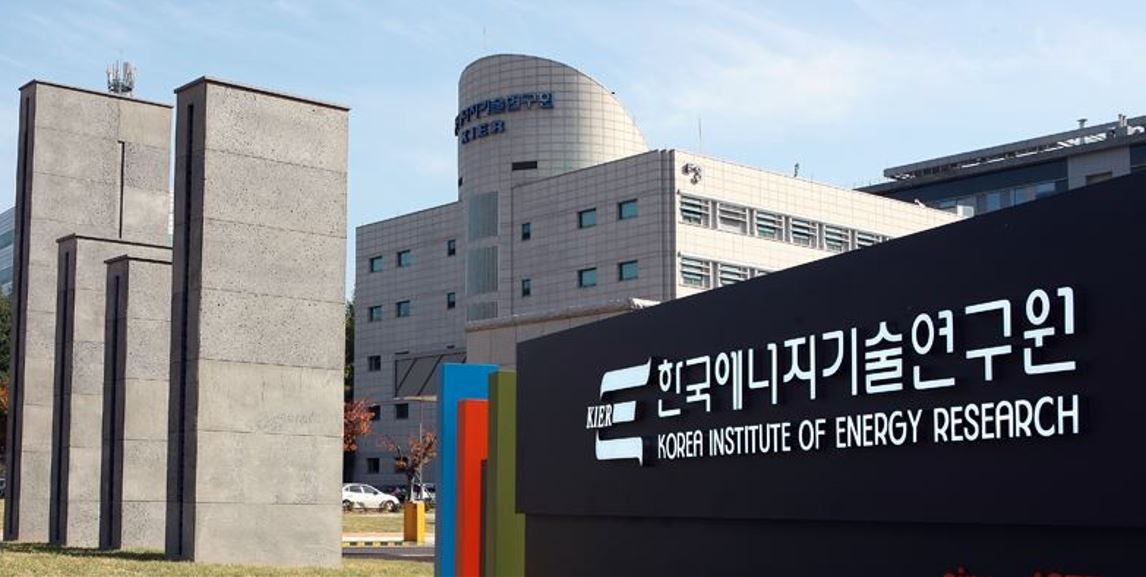The Korea Institute of Energy Research (KIER) will invest 11.4 billion won in developing a solvent-free process that does not emit carbon dioxide in electrode manufacturing for lithium-ion batteries.
The process eliminates the 42 kilograms of carbon dioxide emitted by an electric car battery per kilowatt-hour to dry the solvent during the wet electrode manufacturing process.
KIER would be collaborating with three research institutions, two companies, and two universities over the next five years in developing devices and equipment based on the concept of dry processing.
The resulting lithium-ion battery has a 1.6 times higher energy density than existing batteries.
It’s also impossible to extend the thickness of electrode coatings up to a certain level element during the wet manufacturing process, thereby limiting energy density.



 Eli Lilly’s Inluriyo Gains FDA Approval for Advanced Breast Cancer Treatment
Eli Lilly’s Inluriyo Gains FDA Approval for Advanced Breast Cancer Treatment  Trump Signs Executive Order to Boost AI Research in Childhood Cancer
Trump Signs Executive Order to Boost AI Research in Childhood Cancer  Senate Sets December 8 Vote on Trump’s NASA Nominee Jared Isaacman
Senate Sets December 8 Vote on Trump’s NASA Nominee Jared Isaacman  U.S. Stock Futures Slide as Tech Rout Deepens on Amazon Capex Shock
U.S. Stock Futures Slide as Tech Rout Deepens on Amazon Capex Shock  Blue Origin’s New Glenn Achieves Breakthrough Success With First NASA Mission
Blue Origin’s New Glenn Achieves Breakthrough Success With First NASA Mission  Asian Stocks Slip as Tech Rout Deepens, Japan Steadies Ahead of Election
Asian Stocks Slip as Tech Rout Deepens, Japan Steadies Ahead of Election  Cogent Biosciences Soars 120% on Breakthrough Phase 3 Results for Bezuclastinib in GIST Treatment
Cogent Biosciences Soars 120% on Breakthrough Phase 3 Results for Bezuclastinib in GIST Treatment  Russian Stocks End Mixed as MOEX Index Closes Flat Amid Commodity Strength
Russian Stocks End Mixed as MOEX Index Closes Flat Amid Commodity Strength  Indian Refiners Scale Back Russian Oil Imports as U.S.-India Trade Deal Advances
Indian Refiners Scale Back Russian Oil Imports as U.S.-India Trade Deal Advances  Neuralink Expands Brain Implant Trials with 12 Global Patients
Neuralink Expands Brain Implant Trials with 12 Global Patients  South Africa Eyes ECB Repo Lines as Inflation Eases and Rate Cuts Loom
South Africa Eyes ECB Repo Lines as Inflation Eases and Rate Cuts Loom  Trump’s Inflation Claims Clash With Voters’ Cost-of-Living Reality
Trump’s Inflation Claims Clash With Voters’ Cost-of-Living Reality  FDA Adds Fatal Risk Warning to J&J and Legend Biotech’s Carvykti Cancer Therapy
FDA Adds Fatal Risk Warning to J&J and Legend Biotech’s Carvykti Cancer Therapy  Yen Slides as Japan Election Boosts Fiscal Stimulus Expectations
Yen Slides as Japan Election Boosts Fiscal Stimulus Expectations  U.S. Stock Futures Rise as Markets Brace for Jobs and Inflation Data
U.S. Stock Futures Rise as Markets Brace for Jobs and Inflation Data  Trump and Merck KGaA Partner to Slash IVF Drug Costs and Expand Fertility Coverage
Trump and Merck KGaA Partner to Slash IVF Drug Costs and Expand Fertility Coverage 































